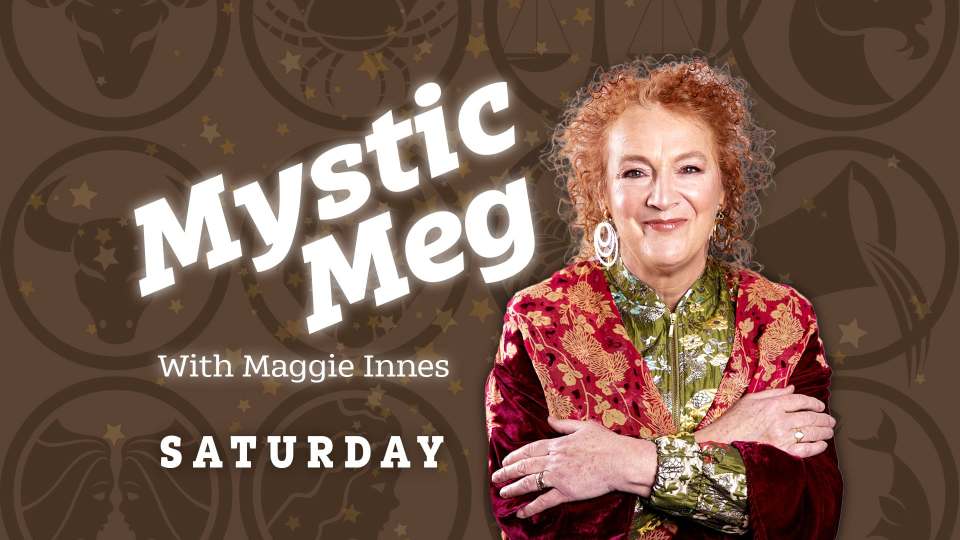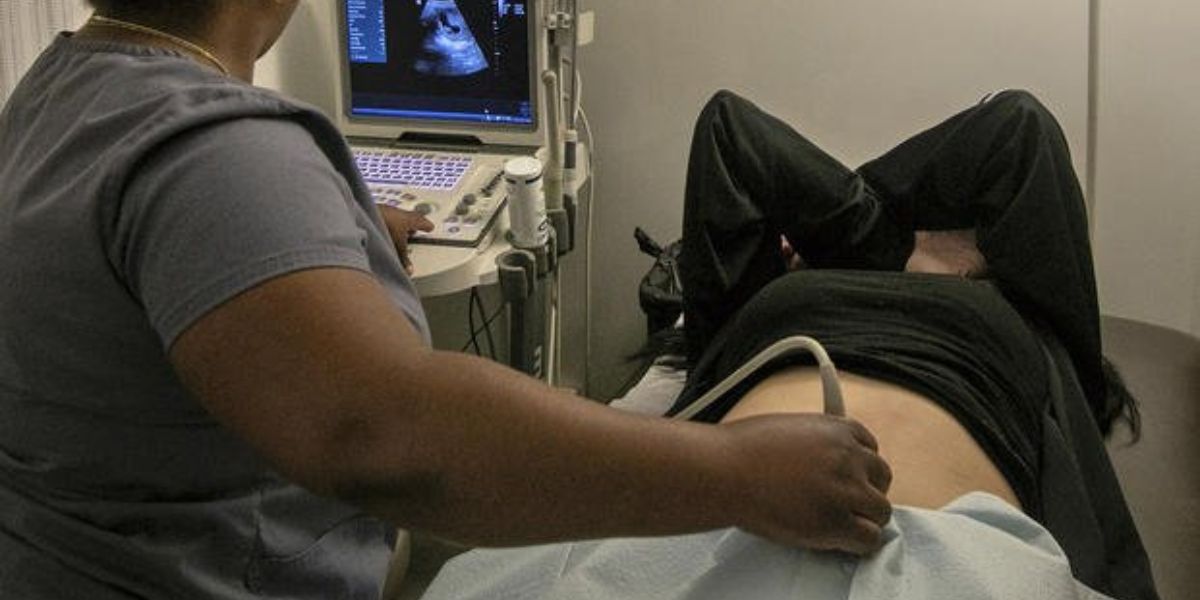Oklahoma Mandates Fertility Treatment Coverage With ‘Corinne’s Law’
On Monday, the Oklahoma House of Representatives unanimously approved a bill that would mandate that insurance companies are required to pay for fertility treatments for women who have previously been diagnosed with cancer.
“Corinne’s Law” is the name of the bill, which was named after Corinne Dinges, who fought Ewing’s Sarcoma for three years before passing away in 2021.
Many women believe that starting a family at some point in their lives is highly important; nevertheless, there are situations in which life might get in the way of that goal. Corinne, who was in the process of completing her residency to become an obstetrician and gynecologist, was diagnosed with cancer at that time.
Erin Fitzpatrick, who is a close friend of Corinne’s, expressed her opinion that “I think it was shocking.”
Throughout our time together, she added, “We became a lot like family.”
When Corinne decided to freeze her eggs before beginning treatment, she was right there by her side during that time. “She was so pleased with the number of eggs that she picked. According to her, she referred to them as her “little joys.”
The narrative of Carly Kirkland is comparable to that of Corinne.
She received a diagnosis of osteosarcoma in the year 2020, and she claims that shortly after that, Corinne came out to her. She was aware that cancer treatments can have an impact on fertility.
“I would like to think that I would have been told to freeze my eggs, but she was the reason why I knew that was even an option,” she added. “I thought that I would have been told to freeze my eggs.” After that, Carly started her path toward achieving fertility…but was dissatisfied with the fact that she had to pay roughly $20,000 out of her cash to freeze her eggs.
She claims that this is what motivated her to collaborate with Erin to advocate for a law that would honor Corinne’s legacy. Within the state of Oklahoma, the bill proposed by Corinne would require health insurance companies to provide coverage for fertility preservation procedures for cancer patients and survivors.
“All we want to do is eliminate the barrier of cost as much as we possibly can,” Kirkland described the goal.
Two and a half years later, the bill was approved by both the House of Representatives and the Senate. Carly and Erin both agree that it would be something that would make Corinne proud.
According to Fitzpatrick, “Her entire life was devoted to the delivery of babies, and in a roundabout way, she is still going to be able to do that.” These women think that having children should still be a decision, even though having cancer is not a choice.
Both the House of Representatives and the Senate need to reach a consensus on the bill’s language before it can be delivered to the governor’s desk.











